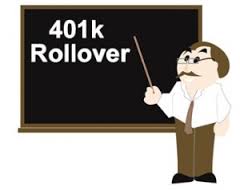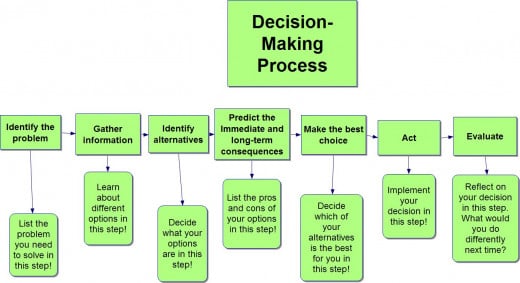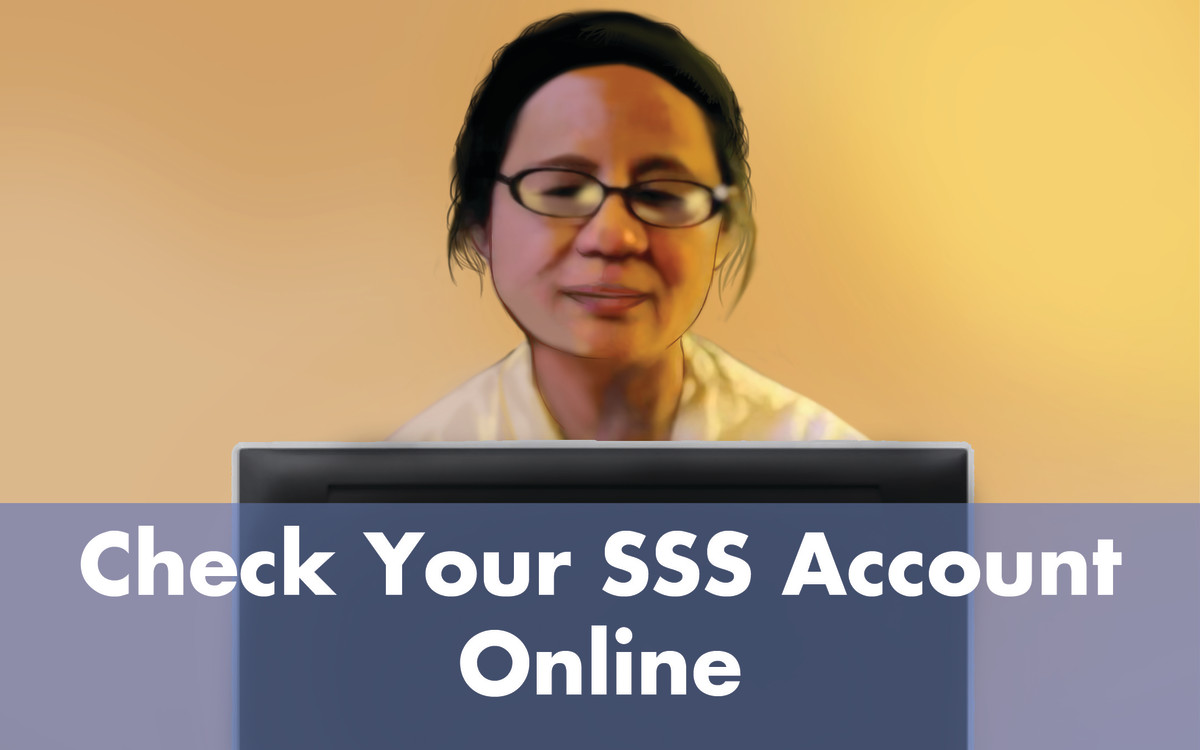Rollover IRA Advice

Introduction
Recently, I had an opportunity to rollover my 403b account from a previous employer to my personal IRA. The conventional wisdom is that it is better to rollover a company sponsored retirement account to a personal IRA account. You will have more flexibility in choosing the investments. However, my experience with the rollover exposed some possible hidden charges that may apply. Caveat emptor.
-June 2015
Background
Recently, I had an opportunity to rollover a 403b plan to a personal IRA account. I knew enough to request the transfer to be a "direct rollover" to avoid any tax withholding. However, after completing the rollover, I was surprised to see a withdraw charge on the final statement. In my case, it amounted to a little over 2% of my balance, not insignificant. I tried searching online to see if anyone else had similar experience but did not find any. I contacted the plan office and requested an explanation. This is what I was told.
There are two things at play and the details are explained in the prospectus. Basically, if you are participating in the plan for less than 10 years, and you decide to rollover your account, there are withdraw charges based on a declining 7-year schedule. Contributions made the first year subject to 7%, 2nd year 6%, 3rd year 5%, 4th year 4%, 5th year 3%, 6th year 2% and 7th year 1%. This is very similar to withdraw charges for some mutual funds investments that are back loaded. These charges are over and above annual contract fees and management fees of the account. I've learned that this is a common practice for retirement accounts are are annuity based.
In order to avoid these charges, there are several exemptions.
- if you leave your job with at least 10 years in the plan.
- if you are disabled as defined by social security administration.
- upon death.
- if you choose to make withdrawal to provide income payment for life or for a period of 5 years or more.
- if you make a partial withdraw up to 10% of your balance per year.
- if you take withdrawal required by government to avoid tax penalties.
Decision Consideration To Rollover Or Not
Given this information, it is prudent to re-evaluate any decision to rollover. Some options depends on the current plan and your personal situation. Obviously, every company is different. It is prudent to find out the details before making the decision.
In my case, if I had to do over, I have the following options.
- keep my retirement account for 10 years before making the rollover to avoid the withdraw fee.
- rollover ASAP and incur the withdraw fee and invest wisely and hopefully recover the fee during this period.
- keep it in the same account and wait till retirement age to make withdraw as an annuity.

How To Make The Transfer
The instructions I'm providing here deals with the rollover of 401K / 403b from a company account to a personal IRA account.
- Make a copy of your latest quarterly statement.
- Request a transfer form from the 401k / 403b plan administrator.
- Contact your IRA provider and request a letter of acceptance. (or medallion signature guarantee).
- request your HR department for a proof of termination letter.
- fill out the form exactly as the instructions provided.
- mail out the completed form along with all documents requested.
- wait approx. 10 business day for confirmation. (call if no confirmation is received)
- verify the final amount is correct and any withdraw fees.
- finally, check with your IRA to confirm the funds have been deposited.
Sound Advice
My first advice is to ask questions before acting. Find out what are the fees, if any, associated with making the rollover.
Make sure you are requesting a direct rollover so you won't be burdened with tax withholding.
Follow the instructions when filling out the transfer form.
Follow-up with phone call to make sure the process is done on schedule.
Conclusion
This rollover process has been a learning experience for me. I hope you can benefit from my experience. I found out the hard way the hidden cost. You may be able to avoid it or at least minimize the effect. Thanks for checking my hub. You are welcome to post your personal experience in the comment area.
Some Related Info
- Why Rolling Over Your Old 401(k) is a Good Move For Your Retirement - MainStreet
The benefits of rolling over a previous 401(k) far outweigh the drawbacks for the majority of employees. - Be Wary of Advice to Do an IRA Rollover-Kiplinger
Take these four steps to ensure an IRA rollover is the right move for you. - 6 Reasons not to rollover - Bankrate
It's not always a good idea to take your retirement account with you when you leave an employer. Learn all about retirement at Bankrate.com. - Experts in Financial Planning. Edelman Financial Services
Experienced independent financial advisors, Ric Edelman, 3 times ranked #1 independent advisor in the nation by Barron's.



